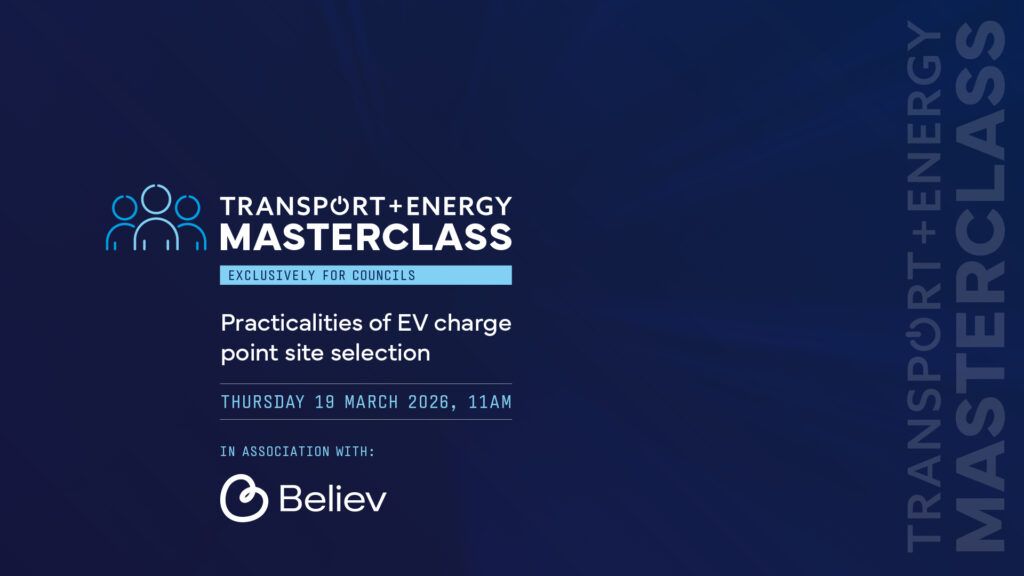Construction joint venture EKFB is delivering sustainable construction practices by deploying green hydrogen-powered generators at two HS2 sites.
Following the successful initial trial, which demonstrated hydrogen can significantly reduce diesel usage and emissions on construction sites, the use of hydrogen technology has now been extended for the entire project duration, it said.
EKFB, which is a joint venture comprising Eiffage, Kier, Ferrovial Construction, and BAM Nuttall, is responsible for delivering some 80 km of the HS2 Phase 1 route.
The move is significant as construction firms often rely heavily on diesel generations when grid access is restricted. But GeoPura HPUs offer a sustainable alternative, using the power of hydrogen to provide clean, efficient, and zero-emission electricity.
The hydrogen-powered generators are strategically deployed at the Footpath SMA9 Accommodation Overbridge Compound and the Thame Valley Viaduct sites, two critical locations in the HS2 Phase 1 project.
These sites are both rural, and therefore presented unique logistical challenges that were effectively overcome to deliver consistent, clean and reliable off grid power.
Equipped with advanced fuel cell technology, the HPU converts hydrogen gas into electricity, emitting only water vapour as a by-product. The solution not only reduces the carbon footprint but also improves air quality and minimises noise pollution on construction sites.
During the deployment period up to June 2024, the HPUs saved more than 189 tons of CO2 equivalent – comparable to the emissions from more than 2,500 passenger flights from London to Rome. Additionally, reductions of 1635 kg of NOx, 898 kg of CO, and 63 kg of particulate matter has significantly improved air quality on site.
Andrea Davidson, HS2 Head of Carbon & Climate Change, said:
“This is an excellent example of how EKFB, through the construction of HS2, is driving the adoption of alternative fuel innovations to meet our diesel-free ambition by 2029.
“With no harmful pollutants, the technology brings major air quality benefits to the workforce and local communities around the construction sites, something which is vitally important across the whole of the HS2 project.”
Alan Silverster, EKFB Carbon Manager, said:
“Moving away from the use of diesel and other fossil fuels is a key part of EKFB’s carbon strategy, and hydrogen can play an important role in providing versatile, clean energy that reduces the carbon footprint of construction operations.
As further research, development, and investment is needed to fully realise the potential of using hydrogen on construction sites, we were keen to play our part in helping to demonstrate its benefits in a live environment. The GeoPura units we have been using at our sites have been an excellent and reliable source of zero emissions power from the outset.”
Andrew Cunningham, CEO of GeoPura, added:
“The successful deployment of GeoPura HPUs at EKFB’s sites further demonstrates the practical viability and environmental benefits of clean, hydrogen fuelled generators. It’s been great to see EKFB’s commitment to the wellbeing of us all through improved local air quality and reduced climate change impact.
“Our joint program of safety and logistical analysis of the use of HPUs within the heavy construction industry has reassured themselves and others that GeoPura hydrogen fuelled generators are an effective way to increase the overall positive impact construction has on society. The extension of our contract underlines how clean power can become ‘business as usual’.
“Historically the industry has proactively removed many threats to human health from their working environment – GeoPura are delighted to be helping EKFB and HS2 eliminate diesel use on all their sites leaving a sustainable legacy for one of the UKs most significant infrastructure projects.”
Image courtesy of EKFB












